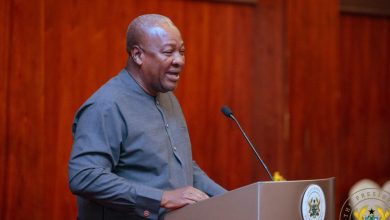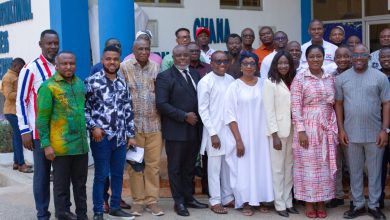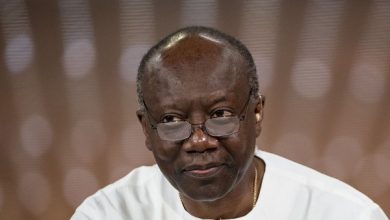Upgrading Power Sector: What Bawumia brings to improve electricity access and services to consumers

Improving access and reliability of power is key to reducing poverty and unlocking economic growth.
This is the reason why the next NPP government led by Dr Mahamudu Bawumia will institute prudent measures to make power more stable, affordable and reliable for consumers.
There is no doubt that since it took over the administration of the country, the Akufo-Addo government has kept the power on even in the midst of some challenges .
However, residential, commercial, and industrial consumers still face issues relating to reliability and cost competitiveness of power supply.
Recognition
Dr. Bawumia recognizes that unreliable service delivery and high electricity tariffs are not only a source of inconvenience for homes, schools, communities, businesses and industries, but also increase household budgets, disrupt schooling and community activities, and cause downtimes for artisans, factories and businesses, hindering economic growth and development.
Solving challenges
It is against this backdrop that a Bawumia-led government seeks to take steps to solve these challenges and radically transform the energy mix to align with, and embrace global efforts at transitioning to and integrating renewable sources.
The 2024 Manifesto of the NPP outlines what a Bawumia presidency will do.
1. Roll out 2000 MW of solar power, aimed at reducing the cost of electricity.
2. Incentivise solar power users through the net metering system under which households and other producers of solar power get “credits” for excess power they send to the national grid, against which they can use grid power when not on solar.
3. Continue the government’s plans to establish a nuclear power plant to generate affordable electricity for industrial and domestic uses.
4. Introduce measures that will accelerate national electrification to achieve universal electricity access by 2028, ensuring economic development, improved quality of life, social equity, and environmental sustainability.










